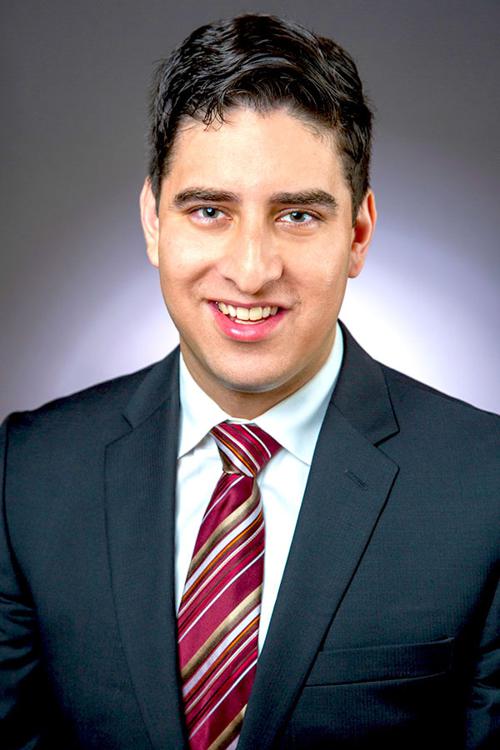In the last few months, you’ve been experiencing shortness of breath, fatigue, and occasional dizziness. Your cardiologist says you have hypertrophic cardiomyopathy. But what is that?
While you have probably never heard of the condition, it is actually the most common form of genetic heart disease. Around one in 500 Americans have the condition, though many of them are unaware.
Hypertrophic cardiomyopathy causes the heart muscle to thicken, which can lead to stiffness in the heart chamber, various valvular abnormalities with concomitant cellular and molecular disarray. The heart chamber stiffness is usually responsible for many symptoms.
If you have been diagnosed with the condition, you may naturally have many questions about what your diagnosis means for your health. That is why we are taking time to answer a few common questions about hypertrophic cardiomyopathy.
What Are the Symptoms of Hypertrophic Cardiomyopathy?
Many people who have the condition do not experience any symptoms. Others have symptoms, but only after they’ve been physically active.
It is more common to experience symptoms as the condition progresses. Symptoms may include:
- Arrhythmias
- Chest pain, particularly after exertion
- Dizziness
- Fainting
- Fatigue
- Lightheadedness
- Palpitations
- Shortness of breath, particularly after exertion
- Swelling in the ankles, feet, legs, or abdomen
How Do You Treat Hypertrophic Cardiomyopathy?
If you are diagnosed with hypertrophic cardiomyopathy, your medical team will recommend a treatment plan that is individualized to your condition.
Generally, there are two broad categories of hypertrophic cardiomyopathy (HCM), HCM with left ventricular obstruction and HCM without left ventricular obstruction. If left ventricular obstruction is present in your disease, this can reduce blood flow from the heart chamber to the aorta. Those who have HCM with obstruction are more likely to experience symptoms earlier in the disease process.
The treatment plan will be comprehensive including risk factor and lifestyle modification such as adopting a heart healthy diet, improving your heart fitness level with an individualized exercise plan, and living without illicit substances.
A medication regimen will be prescribed to alleviate specific symptoms. As of April 2022, FDA has approved a medication available to decrease the obstruction from the heart chamber to the aorta. The medication is available at our center.
The ultimate goal of treatment is to minimize symptoms and increase life expectancy while reducing the risk of severe disease complications, such as advanced heart failure and sudden cardiac arrest. Depending on your particular disease pattern, you may require invasive treatment.
Alcohol septal ablation is the most common nonsurgical invasive procedure to decrease the obstruction from the heart chamber to aorta. Usually, this procedure is recommended for patients who are deemed excessive surgical risk for open- heart operation.
During this minimally invasive procedure, a type of alcohol called ethanol is injected into the small artery that supplies blood to the heart muscle that has been thickened by HCM. The alcohol causes the heart cells to die, and subsequently the heart muscle becomes less thick which decreases the obstruction from the heart chamber to the aorta.
How Long Is the Recovery From Alcohol Septal Ablation?
Alcohol septal ablation is a relatively quick procedure performed in the cardiac catheterization lab. It usually takes between one and two hours. You will likely find that your symptoms have greatly decreased or disappeared quickly after ablation.
Following the procedure, you’ll typically remain in the hospital for observation for up to 72 hours.
Those who undergo alcohol septal ablation can usually resume most normal activities after being discharged from the hospital. Because the procedure is minimally invasive, recovery is often quicker than open heart surgery.
Next Steps
If you’ve been diagnosed with hypertrophic cardiomyopathy and require alcohol septal ablation to treat the condition, you can rely on the experts at The Structural Heart Center at Georgia Heart Institute.



